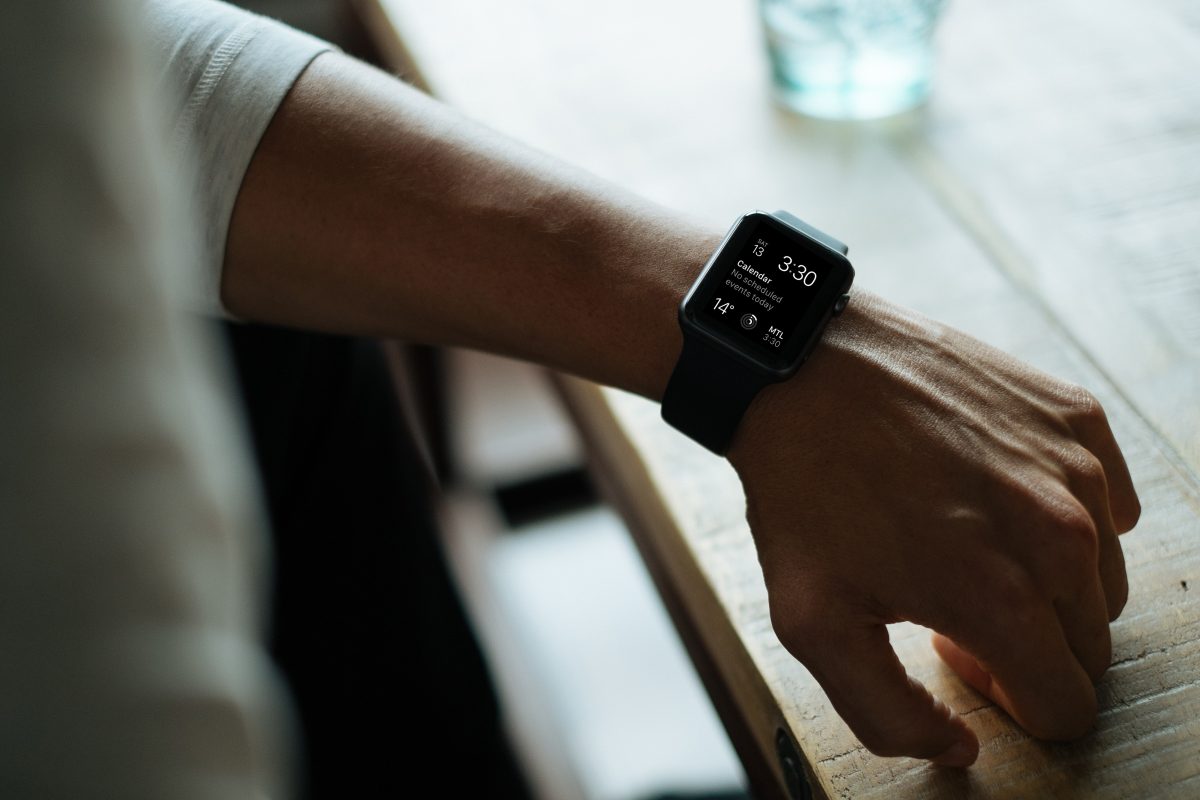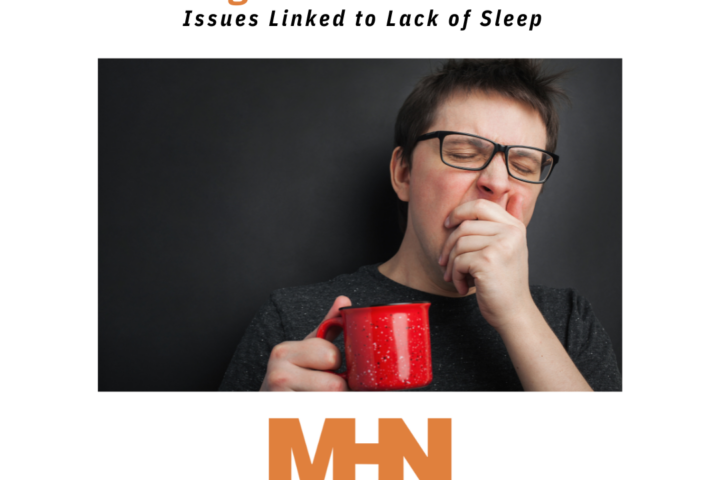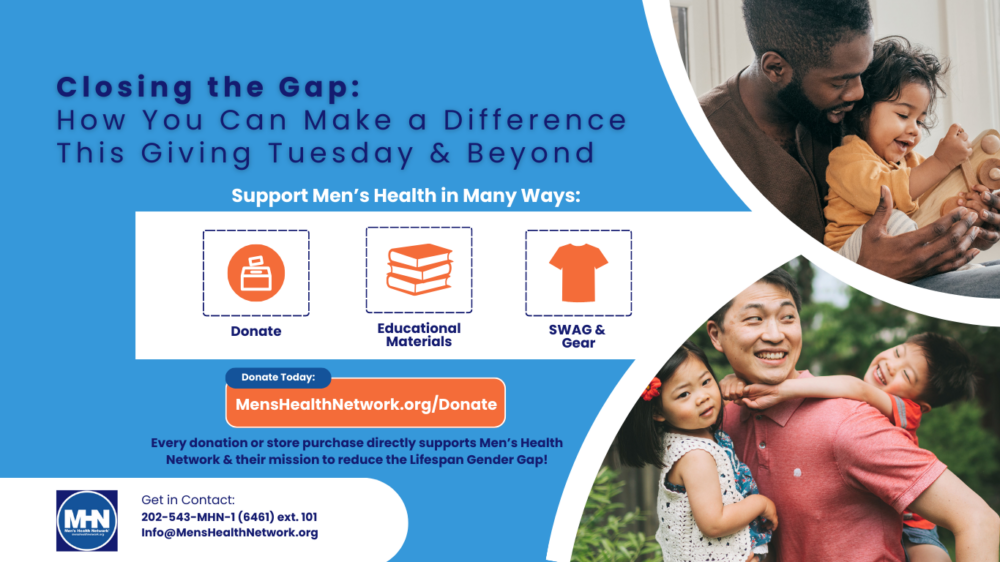What’s a great way to get health information about men? Why wearables, of course. In 2016, there were 325 million wearable devices in the world. That’s “big data” territory by any measure. But have wearables actually improved the health of men? In a word, no. Or not yet anyway.
Stay Home Medicine
But there’s a 2.0 movement in men’s healthtech: entirely digital care. Connect up, get some diagnostics and then treatment, including pills if needed. All in the comfort of your home. Two online startups recently launched to treat erectile dysfunction and hair loss just this way. Admitting that their online approach isn’t meant to replace real doctors, these startups want men take the first steps toward improving health and health awareness. And, by choosing two particularly sensitive issues for at least one half of our species, this isn’t a bad way to approach the problem. By tending to the sore spots in men’s health, they can then work to change attitudes and behaviors in other parts of the body.
One concern I have regarding entirely-digital-care-for-men is the fact that men are people too and people thrive on real live relationships. It’s how the doctor thing started in the first place, several thousand years back. What doctors get from patient interactions is trust, experience, knowledge and wisdom, things that computers and artificial intelligence (AI) systems have a hard time generating. And things for which prized doctors are best known. For god’s sake, robots can’t even turn doorknobs at this point!
Keeping Peeps
In my two decades as men’s health specialist, and as an advisor to healthtech and biotech, I’ve learned a thing or two. One is that computers really can’t replace doctors, in part because technology is bereft of wisdom and experience, two essential components of good care. But tech also tends to put a “digital wedge” between provider and patient. And that can prevent real engagement. Which taps into another thing I’ve learned: a good provider-patient relationship fosters engagement, which leads to change. In fact, the engaged patient is the Holy Grail of healthcare. It’s the royal flush from the provider view.
All in, I am a believer that digital medicine has great potential in men’s health. A fan of it for years, it’s the reason I use telehealth whenever possible. And it’s also precisely why I joined Future Family, a healthtech startup that marries digital and real-world medicine to raise awareness, educate and provide testing and care to infertile couples. Nothing beats wisdom and knowledge delivered to you in the comfort of your home.
This post first appeared on The Turek Clinics




